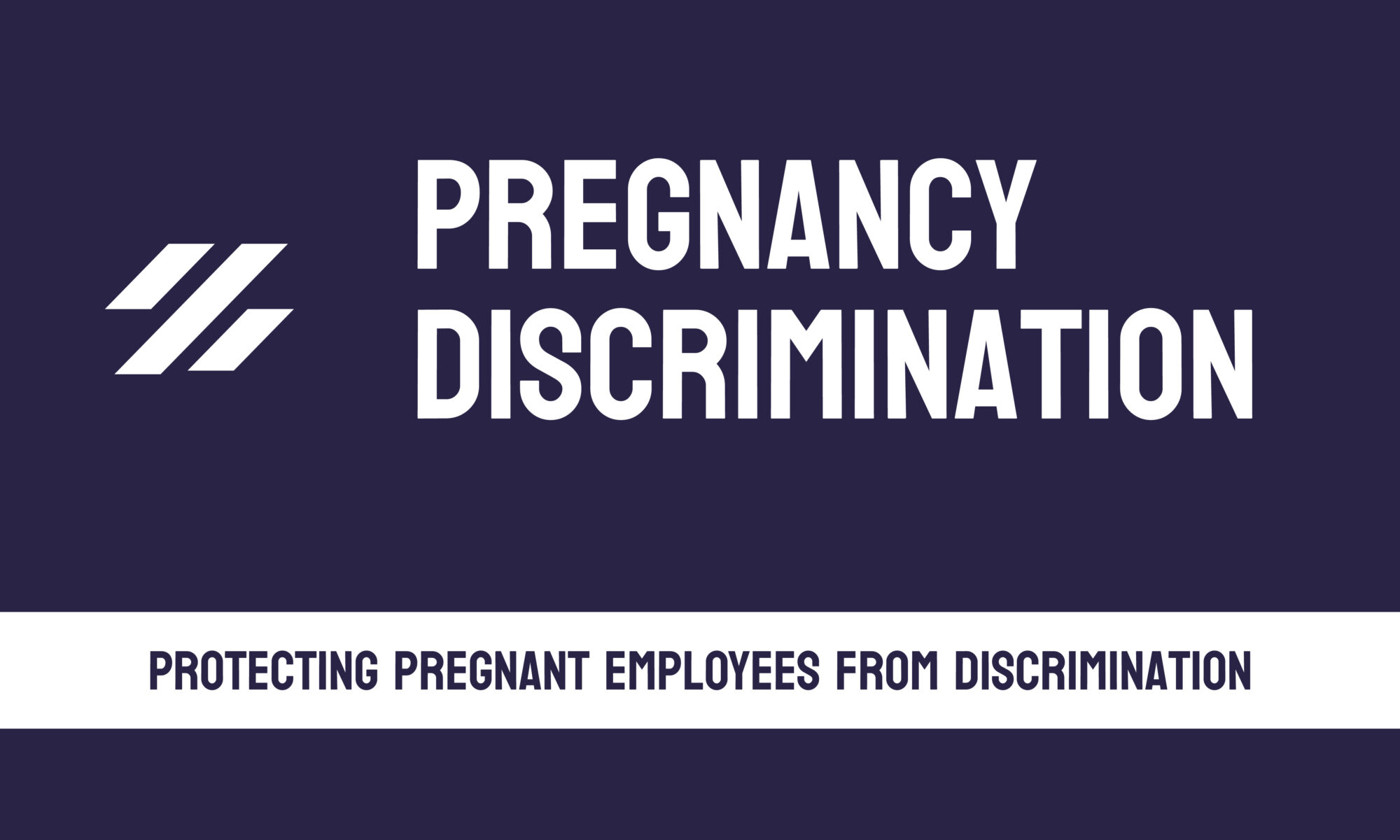Addressing Sexual Harassment and Retaliation in US Biathlon
The US Biathlon community—a sport characterized by grit, endurance, and precision—finds itself caught in the crosshairs of a disturbing reality. Reports of sexual harassment and retaliation have surfaced, exposing systemic issues that demand immediate attention. When athletes take the brave step to report abuse, they do so expecting justice and protection, not retaliation or silence. This blog explores the gravity of sexual harassment in the US Biathlon community, the implications for its athletes, and the steps required to create a safer environment for all.
Understanding Sexual Harassment in Biathlon
Sexual harassment takes many forms—verbal, physical, psychological—and its presence in sports can devastate individuals and the community. Female athletes, in particular, are disproportionately affected by this insidious issue, creating an unsafe space within disciplines meant to pride themselves on discipline, resilience, and teamwork.
Imagine dedicating your life to a pursuit you love, only to have it tainted by harassment that chips away at your confidence, integrity, and sense of belonging. For many athletes, the psychological toll includes anxiety, depression, and a loss of trust—not just in institutions but often in themselves. Beyond the individuals, the broader impact erodes the community fabric, replacing trust with fear and undermining the very principles sports aim to uphold.
Combatting this issue starts with understanding its scope and long-lasting effects. Above all, athletes deserve environments that prioritize their safety—physically, emotionally, and mentally.
The Current Landscape of US Biathlon
The grim reality of sexual harassment became starkly visible in US Biathlon after several brave athletes came forward.
Two-time Olympian Joan Wilder shared her harrowing story of attempted sexual assault in 1990. Despite raising complaints with Max Cobb, then the domestic team manager for the U.S. Biathlon Association, Wilder’s concerns fell on deaf ears. “My safety on the team was clearly secondary to a top-down power structure focused on image, medals, and marketing,” Wilder declared. Cobb would go on to serve as CEO of U.S. Biathlon and later become secretary general of the International Biathlon Union—an advancement that speaks volumes about the unchecked power structures athletes like Wilder faced.
Grace Boutot, a silver medalist at the 2009 Youth World Championships, similarly endured unaddressed abuse at the hands of two coaches. Her ordeal began when she was just 15 years old. Pleas for intervention went unheeded by Cobb and other officials, ultimately driving her to a suicide attempt. “I felt invisible,” Boutot admitted—a sobering statement that underscores the severe emotional consequences of such neglect.
Joanne Reid, a U.S. Biathlon national champion and two-time Olympian, endured years of harassment and sexual abuse from a ski-wax technician while competing in the elite World Cup circuit. When Reid courageously reported the abuse, the response was staggering. Rather than receiving support, she was told that the inappropriate behavior was “just part of the male European culture.” Deedra Irwin, Reid’s teammate and a member of the Army National Guard, stepped in repeatedly to shield her from further harm. Outraged, Irwin reported the situation to her military superiors, forcing the organization to acknowledge the problem.
However, real consequences only came when SafeSport launched an investigation. But even then, Reid was punished for speaking up. Six months after SafeSport began its inquiry, U.S. Biathlon arbitrarily changed the qualifications for its World Cup team—a revision that resulted in Reid’s removal. The criteria affected no one else on the roster, laying bare the retaliation she faced for her bravery.
Worse yet, retaliation is not unique to Reid’s case. According to surveys, 57% of women feared negative consequences to their careers for reporting misconduct. This culture of silence, one perpetuated by survival instincts in hostile environments, actively discourages victims and witnesses from coming forward, perpetuating cycles of abuse.
Steps Towards a Safer Community
To repair the fractured trust within US Biathlon, comprehensive actions must be taken:
1. Develop Clear Policies and Standards
Create explicit, actionable anti-harassment and retaliation policies. These policies must leave no room for ambiguity and outline specific consequences for offenders.
2. Implement Mandatory Training
Every athlete, coach, and staff member should undergo mandatory education on sexual harassment and retaliation. Training must cover identification, prevention, reporting mechanisms, and victim support to reduce ignorance and create accountability.
3. Set Up Independent Oversight
Allocate investigations to independent bodies to ensure impartiality and transparency. Organizations like SafeSport should be readily accessible and fully empowered to enforce disciplinary actions.
4. Create Anonymous Reporting Channels
Establish and widely publicize anonymous reporting systems to grant victims the courage to step forward without fear of retaliation or judgment.
5. Prioritize Victim Support
Mental health resources, legal protections, and peer support systems must be made available to those who experience harassment. Victims need to know they’re not alone—and they’re not powerless.
Empowering Athletes and Changing the Culture
Addressing systemic harassment is about more than just stopping harm—it’s about transforming a culture. Athletes need to feel secure, supported, and heard, and this change must be championed at all levels of leadership.
One approach is creating leadership initiatives that foster transparency and inclusivity. Role models within the sport should actively communicate a zero-tolerance stance and engage with athletes to ensure trust. Additionally, programs aimed at mentorship and allyship can encourage athletes to build collective resilience against abuses of power.
Furthermore, athletes themselves play an essential role in sustaining cultural shifts. By fostering solidarity and raising awareness among teammates, they can counter the isolation so often faced by victims.
Change Starts Here
The stories of Joan Wilder, Grace Boutot, and Joanne Reid highlight an uncomfortable truth about what exists beneath the surface of a respected sport like biathlon. Their courage in coming forward has paved the way for meaningful conversations about addressing sexual harassment and retaliation, but the responsibility for progress does not rest solely on their shoulders.
To the US Biathlon community, the message is clear: It’s time to take decisive action. Policies need to change. Reporting structures need rebuilding. Above all, trust needs to be repaired. Each of us, whether athlete, coach, or fan, has the power to contribute to a community rooted in respect and safety.
Together, we can ensure that biathlon remains not only a test of physical endurance but a bastion of fairness, dignity, and pride.
This post relied on the excellent reporting of MARTHA BELLISLE of the Associated Press.
Like this:
Like Loading...








